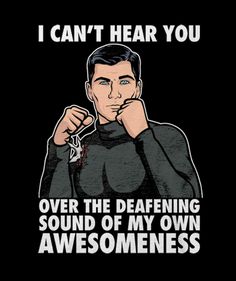- Joined
- Apr 4, 2013
- Messages
- 10,315
- Reaction score
- 11,149
?... but you have to remember BB has done very well with that kind of D (read & react).
It may not fair well in a lot of defensive stats, but it usually does very well in scoring D. Also you should remember that over the years there have a been a lot more "attacking defenses" that have played for losing teams that ones that played for winners.
And the goal is scoring more points than your opponents, so this attribute is directly connected to success in that area.
....
That being said I truly believe that at the heart of his soul Bill is a read and react/zone coach who believes that the game is one of errors and the longer you keep an offense on the field the more likely they will make the mistake that allows you to get off the field or turn it over. The thing is, Bill has had a LOT of success over the years even though he's frustrated a lot of fans and players
S/b "the longer you can keep the offense from scoring." Goal is the get them off the field as quickly as possible without giving up points, so your O can get back to work scoring points for you. Three and out is ideal.
That said, I agree about the game being one of errors. Minimizing mistakes is a major theme with Bill. Fumbles? Forget it! Talking about predictive factors, turnovers is the big one I'd think. Those are all arguably mistakes by the O not taking sufficient care of the ball. Minimize your mistakes, maximize the opponents.
Incidentally, that's why I still feel Butler's INT was the greatest piece of coaching ever. BB knew the tendencies, put a D on the field designed to bait Pete into calling a play that Bill had personally coached Butler about defending. Carroll took the bait, and the rook executed. Masterpiece. All because, given the chance, the Seahawks made multiple mistakes in both the play call and the execution.



















